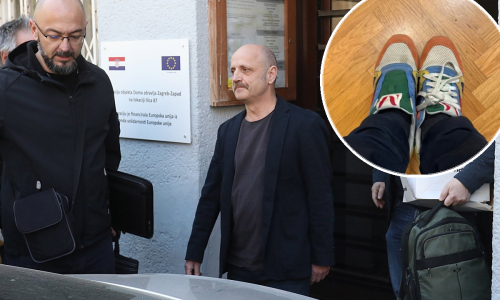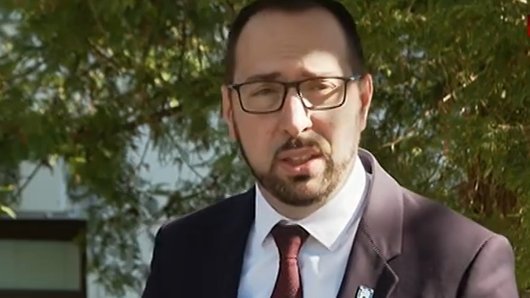The European Commission would not comment on Friday on allegations that a compromise has been reached with the Croatian government to solve the issue of the application of the European Arrest Warrant (EAW), because of which Croatia is facing sanctions.
At this stage, these are speculations that I can't comment on. Consultations are under way at the highest level to find a solution to this problem, Commission spokeswoman Pia Ahrendkilde Hansen said, commenting on media allegations that an agreement has been reached under which the Croatian government has agreed to enforce the aligned EAW law as of January 1 instead of July 1, 2014.
After the launching of consultations with member countries and the telephone conversation between (Commission) President Barroso and (Croatian) Prime Minister Milanovic, we are continuing to do everything we can to find a solution to this problem. President Barroso has asked Vice President Reding to continue looking for a solution, said Hansen.
She added that attempts were being made to organise a meeting between Commission Vice President Viviane Reding and Croatian Justice Minister Orsat Miljenic, which is expected in the next few days.
The Croatian government has agreed to change the law which limits EAW application to crimes committed after August 2002 and enforce it as of 15 July 2014, which the European Commission finds unacceptable. Reding has said a number of times that the law must be returned swiftly and unconditionally to its 2010 form, when it was aligned with the acquis. The 2010 law was changed a few days before Croatia joined the EU this past July 1.
The government is allegedly willing to enforce the amended law as of January 1. The Commission would neither confirm nor deny whether this is acceptable.
On Wednesday, the Commission began consultations with member countries on the activation of a safeguard clause from Croatia's EU accession treaty because the EAW law is incompatible with the acquis.
Member countries have ten working days to take a position, after which sanctions will be imposed on Croatia unless it aligns the law in the meantime. The Commission can, but does not have to, acknowledge the countries' positions because, under the accession treaty, the activation of the safeguard clause is within its jurisdiction. The sanctions the Commission has proposed include enhanced monitoring and the suspension of funds for Croatia's entry to the Schengen Area.





































